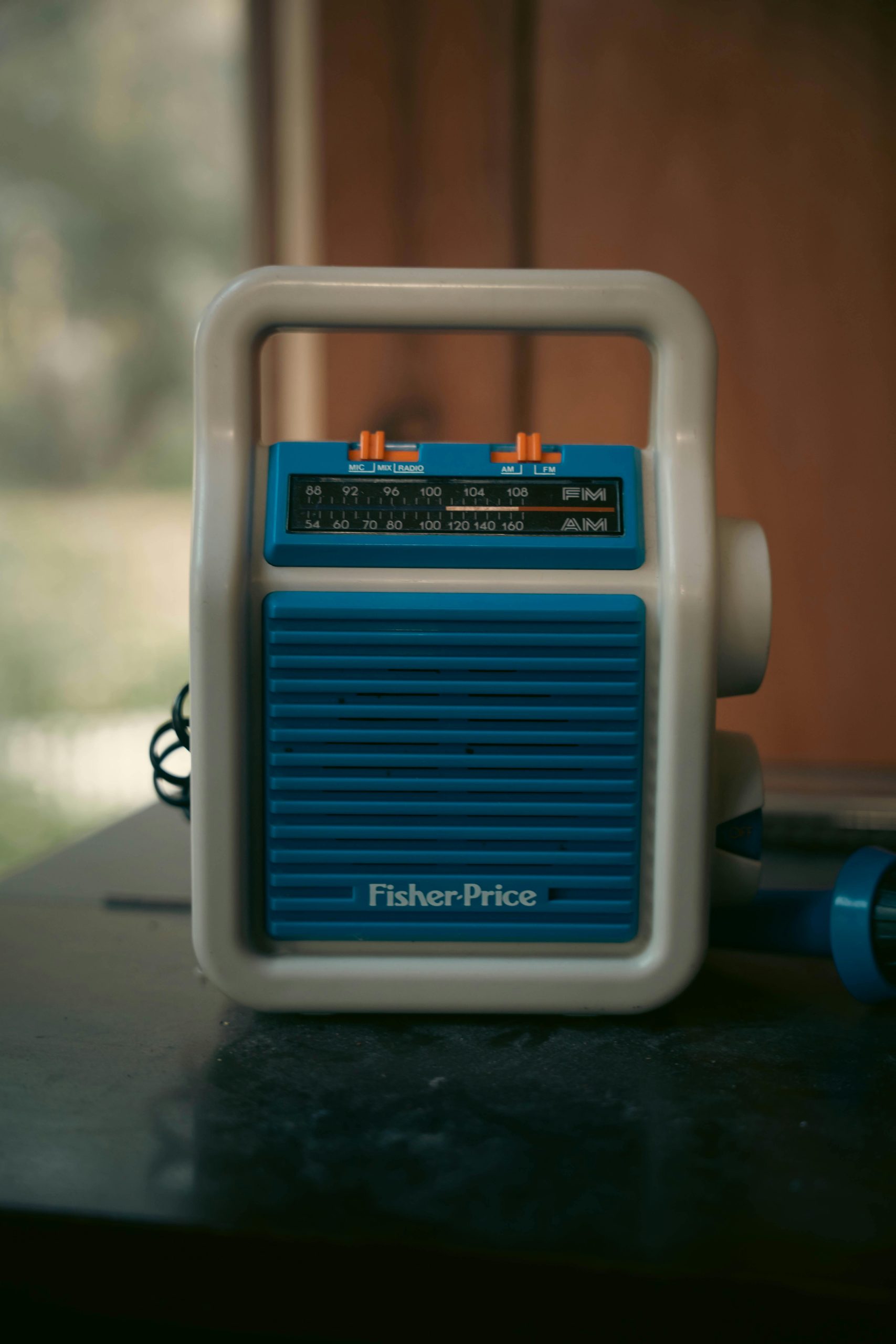Can Schools Legally Install Software on Your Personal Laptop?
If you’re a student considering the purchase of a personal laptop for school use, you may be grappling with some important questions about privacy and control over your device. A common concern among students is whether schools have the authority to install monitoring software or website blockers on personal laptops. Let’s break down this issue to provide some clarity.
Understanding School Policies
Firstly, it’s crucial to recognize that school policies can vary significantly depending on the institution and region. In Australia, specifically on the Sunshine Coast in Queensland, schools may establish guidelines about devices used for educational purposes. While many schools encourage the use of personal laptops for convenience and flexibility, there are important caveats regarding device control.
Authority Over Personal Devices
If your school has permitted you to use your own laptop, you might assume this grants you complete control over that device. However, if your school requires that all devices connecting to their network comply with certain regulations, they may impose some restrictions to ensure a safe and secure learning environment.
In most cases, schools may not have the legal right to remotely install software or make changes to your personal laptop without your explicit consent, especially if you are not using school resources or connecting to their network. Your personal device should remain just that—personal.
The Implications of Software Installation
Should schools choose to implement monitoring software on personal devices, they typically need to inform students and obtain consent. It’s understandable to be concerned about potential spyware or other restrictions that could affect your laptop’s usability, particularly if you plan to continue using that device after your schooling ends.
Before you make your purchase, it’s advisable to request clear guidelines from your school regarding the use of personal laptops. Understanding their policy on software installation and any other related regulations will help you make an informed decision.
Conclusion
In summary, while some schools may have general policies regarding device usage, they typically cannot impose software restrictions on personal laptops without your consent—particularly if you are not utilizing their network. Always communicate openly with your school to clarify their stance and ensure you maintain control of your personal technology.
As you navigate your options, keeping these considerations in mind can help you make the best decision for both your academic needs and personal privacy.

Your question raises several important points regarding the balance between school policies and students’ rights, particularly when it comes to using personal devices on campus. Let’s break this down in detail, considering various aspects such as legality, school policy, and your own rights as a user of personal technology.
1. Understanding School Policies and Control
Schools often implement specific policies regarding the use of technology both to protect students and to maintain a conducive learning environment. If you’re using a personal laptop on school premises, the school may feel a responsibility to ensure that students are not exposed to harmful content or distractions. However, the extent to which schools can impose restrictions on personal devices can vary widely.
2. Legal and Ethical Considerations
In Australia, there is currently no specific law that outright permits or prohibits schools from installing software on personal devices. Legally, consent is a key factor. If you own the laptop, in most cases, the school does not have the right to install software on it without your explicit permission unless:
– You are connected to the school’s network: If connecting to a school-specific Wi-Fi network is required for access to school resources, schools might ask you to comply with certain terms of use or install specific security software.
– You have signed an agreement: Schools may require students to sign an Acceptable Use Policy (AUP) which might include language about the monitoring and use of school resources.
3. Practical Advice
Request Clarity: Since you are concerned about what the school might do, try to get clarification on their policies regarding personal devices. Ask them directly if they have the capability or intention to install any monitoring or restrictive software on your personal laptop.
Read the Fine Print: If your school provided an AUP or similar document, take the time to read it thoroughly. Look for any clauses related to the use of personal devices and their rights.
Consider Device Management Options: Some schools use Mobile Device Management (MDM) software for all devices connected to their networks. Ask your school if they use such practices and how those might affect personal devices.
Alternative Solutions: If using personal devices becomes too burdensome due to restrictions or monitoring, consider using school-provided devices for your studies, where the expectations and limitations are clearly defined.
4. Your Rights and Next Steps
You absolutely have the right to protect your personal property. If a school does attempt to install software without your consent:
– Request Documentation: Ask for written clarification about their authority and legal rights to do so.
– Consult Parents or Guardians: Involving a parent or guardian can provide additional support in your conversations with the school.
– Seek External Advice: For more detailed and personalized legal advice, consider speaking to a local legal service that specializes in education law.
Conclusion
In general, personal devices should remain under the control of their owners, free from unwanted software installations by schools, especially since you plan to use the laptop after your studies. Engaging the school in open and informative dialogue can help clarify responsibilities and restrictions, ensuring that your rights are upheld. Remember that transparency and communication are key in resolving these concerns.